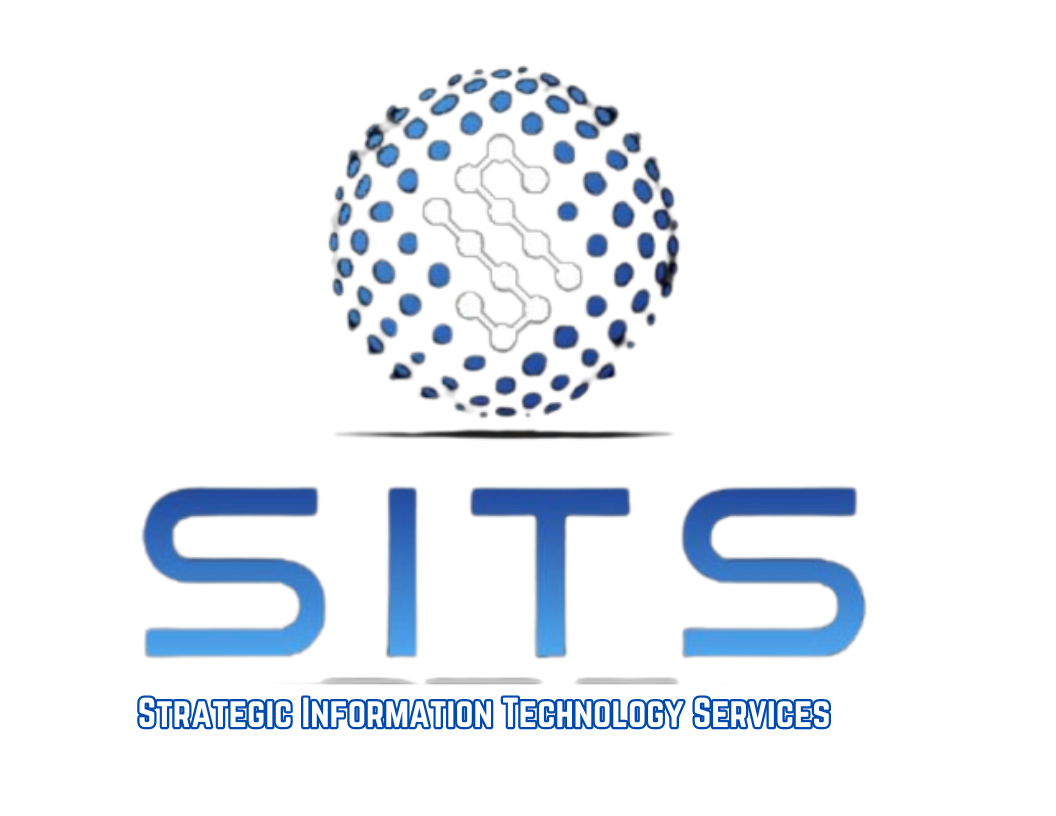A Guide to Data Privacy Compliance: What Businesses Need to Know
2023-12-04Understanding the EU Cyber Resilience Act: A Step Towards Enhanced Cybersecurity
2023-12-05The Role of I.T. in Remote Work: Tips for a Productive Virtual Office
In the ever-evolving landscape of the modern workplace, the significance of Information Technology (I.T.) in facilitating remote work cannot be overstated. With more businesses shifting towards virtual offices, the need for robust, efficient, and secure I.T. solutions is more critical than ever. This blog post aims to explore the pivotal role of I.T. in remote work and provide practical tips for creating a productive virtual office environment.
1. Ensuring Reliable Connectivity
The cornerstone of any effective remote work setup is reliable internet connectivity. I.T. departments play a crucial role in ensuring that employees have access to high-speed, stable internet connections. This might involve recommending the best ISPs, troubleshooting connectivity issues, or even providing VPN services to ensure secure and seamless access to company resources.
2. Facilitating Effective Communication
One of the challenges of remote work is maintaining effective communication. I.T. can introduce and manage tools like video conferencing software, instant messaging platforms, and collaborative project management apps. These tools help in bridging the gap between remote team members, ensuring that communication flows as smoothly as it does in a physical office.
3. Enhancing Data Security
Remote work opens up various security challenges, particularly concerning data privacy and protection. I.T. departments need to establish robust cybersecurity protocols, including secure VPNs, multi-factor authentication, and regular software updates to safeguard sensitive company data from potential breaches.
4. Providing Technical Support
Remote employees rely heavily on technology, and any technical hiccup can lead to significant downtime. I.T. support is crucial in this context, offering timely assistance to resolve any technical issues. This can be through a dedicated helpdesk, remote desktop support, or even providing self-help resources for common problems.
5. Training and Education
Equipping employees with the right skills and knowledge to use various I.T. tools effectively is essential. I.T. departments should conduct regular training sessions and workshops to educate staff on the use of different software and applications, emphasizing best practices in cybersecurity and data management.
6. Implementing Cloud Solutions
The cloud is a game-changer for remote work, offering flexibility and accessibility. I.T. can lead the way in implementing cloud storage and application solutions, allowing employees to access files and work collaboratively from any location.
7. Regularly Assessing and Upgrading I.T. Infrastructure
I.T. should continually assess the existing infrastructure’s effectiveness and make necessary upgrades to support the evolving needs of a remote workforce. This might include upgrading to faster servers, implementing more efficient software solutions, or adopting newer technologies.
Conclusion
The role of I.T. in remote work is multifaceted and ever-growing. By ensuring reliable connectivity, facilitating communication, enhancing data security, providing technical support, educating employees, implementing cloud solutions, and regularly upgrading I.T. infrastructure, businesses can create a productive and secure virtual office environment. As remote work continues to rise, the strategic importance of I.T. in enabling and optimizing this shift becomes increasingly evident.
For more insights and tips on leveraging technology for business success, visit Strategic IT Services.
Sign up for our twice-monthly newletter and be notified when a new blog post or event is happening!
